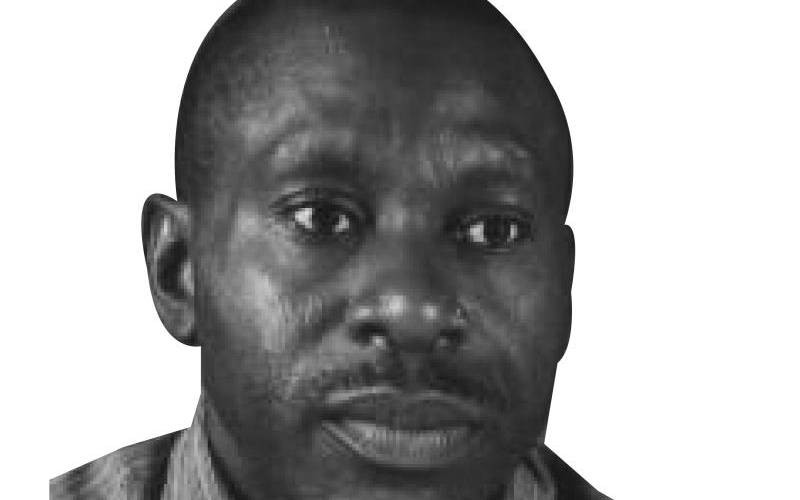×
The Standard e-Paper
Stay Informed, Even Offline

On June 16, 2022, Zukiswa Mqolombo, a commissioner in the Public Service Commission of South Africa, officiated the opening of a Pan African conference sponsored by Council for Development of Social Sciences in Africa. The workshop, dubbed ‘Higher Education as a Site for Struggle in Africa’, was inspired by stories of heroic struggle in a book titled, Chasing Freedom: Histories, Analyses and Voices of Student Activism in South Africa.